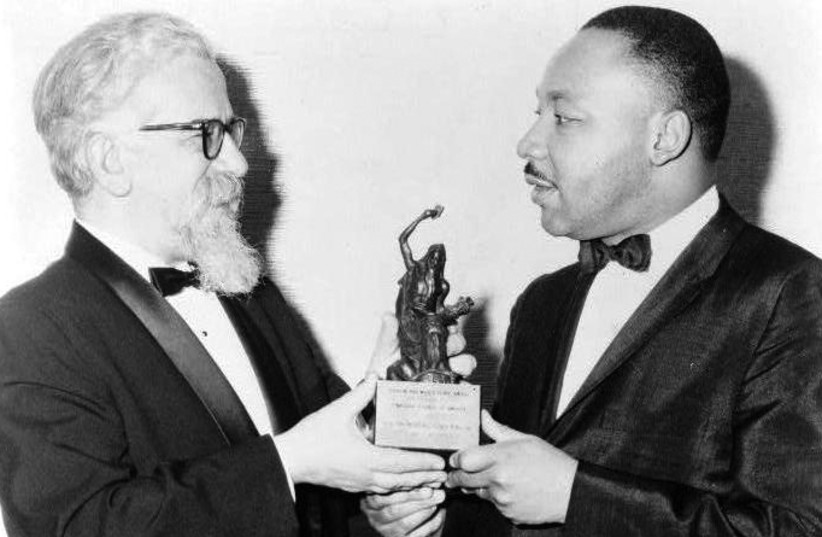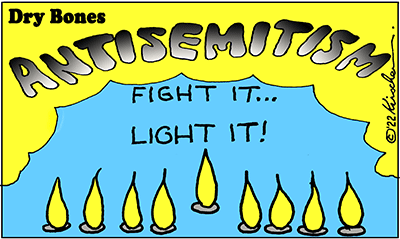Please send this as ‘evidence’ to the chief prosecutor of the ICC..
David Litman of CAMERA:
Now that we have your attention, perhaps someone from Amnesty could finally address some of those
blatant factual errors I pointed out directly to your colleague, which suggest your organization is knowingly lying or doesn't actually understand the law.
 |
| Kristyan Benedict |
Benedict: "Sound like you’ve already made your mind up. Good luck with that."
Adam Levick (CAMERA-UK): "Why don't you just respond to the CAMERA video, Kristyan."
Benedict: "We've laid out our findings in a very detailed report and stand by it. We didn't just put it out without serious review from experts. You however, should make your case to the likes of the ICC chief prosecutor and the COI. Would be a better use of your time in all seriousness."
Eitan Fischberger: "Who were the experts?"
Benedict: "External experts on international law including those with specialist knowledge of apartheid in international law."
Fischberger: "No I'm sure, but who? A couple of names for reference would be most appreciated."
Benedict: "Afraid not. External (and internal) colleagues have many reasons to not be public about such work - one of them being the awful smear campaigns that sometimes occur. Not everyone wants that nastiness in their lives. Hopefully that’s understandable."
Fischberger: "I can certainly understand the need for privacy. Yet, I can't help but worry this creates a situation in which Amnesty can issue reports on highly contentious topics, and when confronted with counterarguments, defers to unanswerable experts whose objectivity can't be verified."
Benedict:"The reports are signed off internally after many layers of review - so if there are any alleged ‘errors’ that you think you’ve found, including regarding applicable international law, then send them in. Just stating something is an ‘error’ does not make it so though.....the general public email is contactus@amnesty.org.
"There are of course other ways to engage but we’d both have to assess it’s a good use of our time. I suspect we’re quite far apart, no?"
Fischberger: "Thank you for the tip and clarification. What other ways are you referring to? While it appears we are far apart on this issue, I don't see that as a reason not to engage in a respectful and cordial manner, as we are now."
Benedict: "That’s of course true. I mean quite simply talking in private meetings. A lot of our (and my) time is focused on partnerships with HR NGOs and advocacy with political contacts. There is a time & place for engaging other groups but clarity on why / objectives would be paramount."
Fischberger: Makes sense. For me, the objective here is to understand what, if any, transparency and accountability mechanisms Amnesty has put in place for itself. Since you probably can't answer for the main branch, how about on behalf of @AmnestyUK?"
Benedict: "I’ve answered that. The findings and methodology are public. We are not just claiming Israel commits the crime of apartheid, we are laying out our findings for others to review. It’s worth reading our report if you haven’t already or other related assets."
Fischberger "What I'm concerned about arent reviews, but errors. AI has enormous reach. It isn't enough for someone to simply tweet about a potential error because far fewer people will see that than AI's report. Wouldn't the best solution be to ask AI to amend the error in the report itself?"
Benedict: "If I were advising you (on presumably how to try to undermine the AI report?) and you were confident in your claims, I’d suggest you make your case to bodies like the COI, ICC CPs office, Special Rapps etc. Has that happened? Credible testing is important."
David Litman: "The question isn't what those other bodies said or did. It's about the inaccurate claims YOUR organization is spending so much effort promoting while refusing to accept responsibility for the inaccuracy of the claims. YOU can fix that. Not Ms. "Jewish lobby subjugates" Albanese."
Benedict: "Your claims might not be accurate. They may be more of the same defence of apartheid & other crimes we’re used to in this space. We also have to factor in if we think the group / person is credible / acts in good faith. We have limited time & must prioritise who we engage. Sorry!"
Fischberger: "How do you determine whether someone is acting in good faith? And honestly, how much should that matter? Isn't the pursuit of truth far more important?"
Benedict: It is but the meetings with those directly and indirectly seeking to defend Israel’s system of apartheid (not clear if your organisation is but that’s my perception) are mainly with states. It’s a matter of how we use our limited time."
Fischberger: "Again, how do you determine someone is acting in good faith?"
Benedict: Re good faith - i.e. not trying to defend war crimes and crimes against humanity. There is a space to engage those who do this but as said, it’s generally states and relevant non state actors."
Fischberger: "Is it possible that people defending Israel do it because they genuinely believe Amnesty's findings to be wrong, and not because they're in favor of war crimes or crimes against humanity? The way you phrased it implies that all who defend Israel automatically act in bad faith."
Benedict: "Nope. I’m talking about those who are defending war crimes and crimes against humanity. Not a state per se. Israel like all states is many things & not just it’s government & not just the crimes that government is committing. Focus on ending the crimes. That’s what we’re doing."
David Litman: "You keep talking about 'crimes' as if their existence is a fundamental truth beyond questioning. Yet, as I've pointed out, and as that legal review board pointed out, Amnesty's conclusions are often unsupported by the actual evidence. Allegations need proof, not blind faith.
Benedict: "Not wishing to be rude but if you wish to indulge in atrocity denial, go do it somewhere else. *Muted*"



 Elder of Ziyon
Elder of Ziyon

































